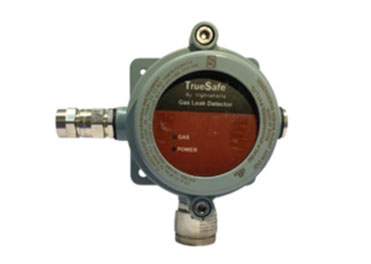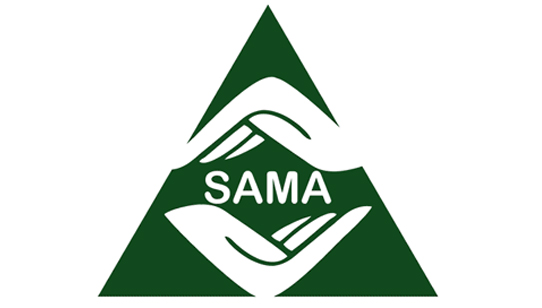How to Detect and Avoid Gas Leaks in Your Establishment

Gas leaks continue to be a silent killer worldwide. As the gas never notify you beore the leak and that as been a threat to residential, commerical and industrial establishment. Over the years we have come across so many incidents where the cause of death or loss of propety has been gas leaks. It’s high time that we should be aware about the safety measure that can be taken to avoid the accident in the future. As Gas leaks have devastating effects, no matter what the scale, but we still seem to take this issue so lightly.
In this article, we will take you through the best ways to detect and avoid gas leaks at your establishments.
Detecting Gas Leaks
➯ Gas detectorsThe most obvious and sure shot way of detecting gas leaks is with gas leak detectors. Gas detectors are nifty little devices which can detect the presence of harmful and toxic gases in an area. They are connected to sensors which raise the alarm if a dangerous gas has leaked in the vicinity beyond a permissible limit. Depending on the usage and area, there are many types of gas detectors for different purposes. You have your LPG and smoke detectors for residential spaces, carbon monoxide and refrigerant detectors for commercial spaces, and so on.
➯ Changes in your environmentIt's not enough to just be alert, you must be aware of the environmental indicators of a gas leak. Some of the tell-tale signs are a pungent smell of rotting eggs in the air, look for a blue flame, look for burnt parts on your appliances, these are all indicators of a potential gas leak. These are still early signs of a gas leak, and early detection could save a lot of lives and prevent a lot of damage.
➯ Physical symptoms to be aware ofDepending on the gas leak, there are also physical indicators which one must be wary of. These include dizziness, nausea, respiratory problems, and headaches. If you are feeling any of these symptoms, you must exit the premises and call for help immediately. Not all gases have the smell of sulpher or rotten eggs, and not all gases will emit a blue flame which can be spotted. Some gases are silent killers, and cannot be seen, smelt or felt until you begin to feel the physical symptoms.
Avoiding Gas Leaks
➯ Make sure that the machinery is working wellIt makes absolute sense to ensure that your appliances and machines at your workplace are all functioning well. Inspect them on a regular basis, check for suspicious burns or cracks to see if there are any hazards. Also, check that your appliances are installed properly.
➯ Monitor your gas linesAs a practice and general rule of thumb, make it a habit to call in a professional on a regular basis to ensure that the gas applications are running smoothly. Have them monitored and maintained, this will help avert disaster in the long run, and is one of the best preventive measures you can take.
➯ Ensure that the establishment is non-smoking
Did you know that cigarette smoking caused fires attribute to around 1000 deaths and over 3000 injuries every year? It's one of the largest causes of fires and fire-related deaths, so it is best to cordon off an area for smoking and ensure that the rest of the establishment is strictly non-smoking. What are the ramifications of a gas leak? From the loss of life to full-blown explosions, the effects can be devastating. Yet, we take gas detection so lightly. The recent Indian Oil, Jaisalmer gas leak is proof of this. This February, a gas leak in an Indian Oil plant in Rajasthan went on for our whole days. What's alarming is that there was a similar gas leak at the plant in 2017, which went on for 10 days. Locals fear the loss of life and property, which is almost always the typical after-effects of a gas leak. Statistics and data prove that it's time to take gas detection more seriously. The best way to go about this is technology. Think of our gas detectors as vaccinations for your establishment, they will protect you against dangerous infestations for a lifetime, so that your establishment is safe and sound.
For more information visit:www.vighnaharta.in
(This "Fire Safety Blogs" Published in January 2023 Edition)





.png)







